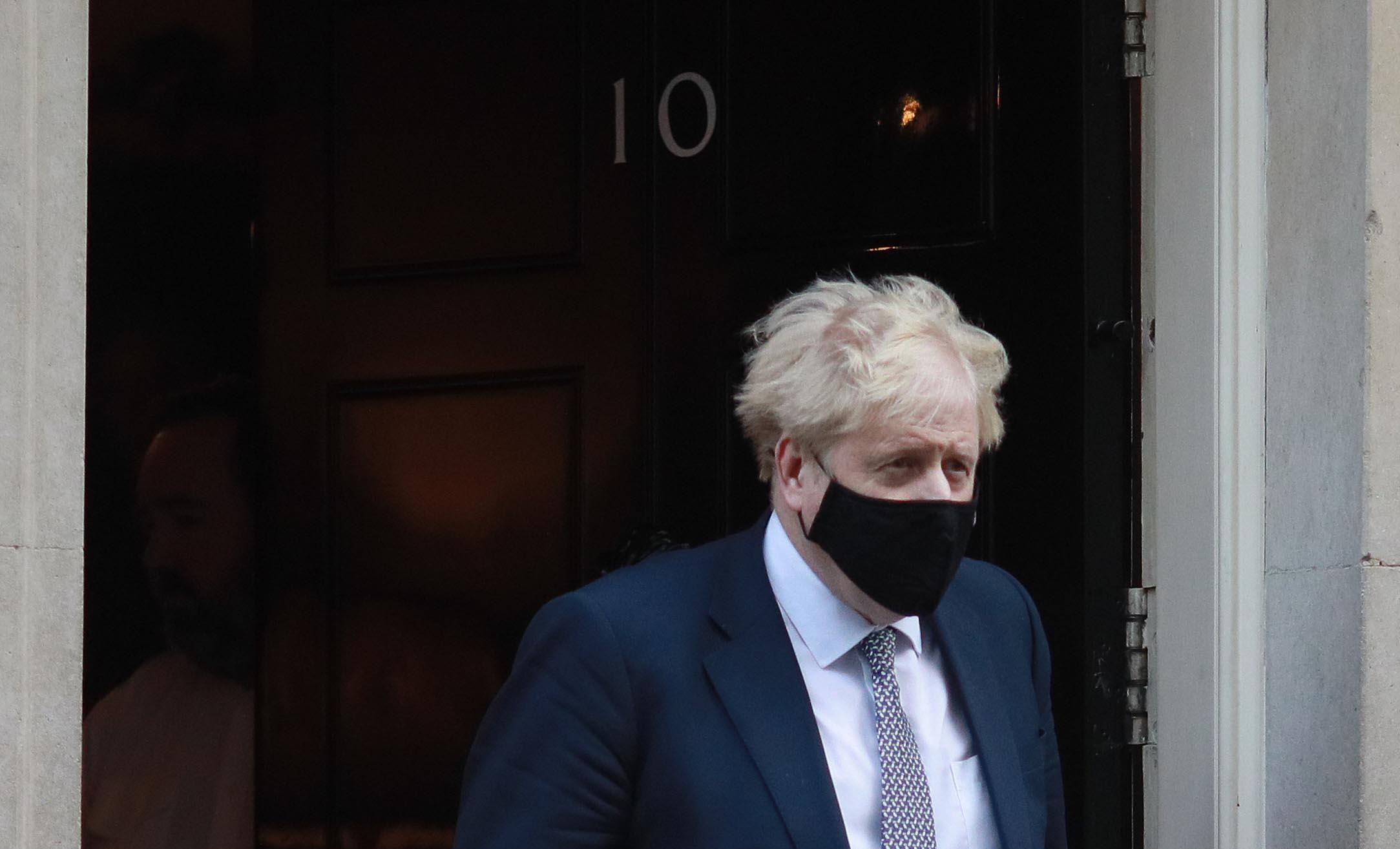On January 19, local time, British Prime Minister Johnson announced that he would relax the epidemic restrictions in England from January 27. Johnson also stressed that the government intends to completely eliminate the self-isolation measures for new coronavirus cases in the near future. In response, some British officials have questioned it, arguing that it is "too early" to ease the restrictions on the epidemic.

Xinhua News Agency Data Chart British Prime Minister Johnson
According to the British Broadcasting Corporation (BBC) reported on January 19, Johnson said that according to the current data, scientists believe that the number of cases infected with the new crown virus variant strain Omikeron has reached a peak nationwide in the United Kingdom, and the number of hospitalizations has remained stable, so he said that he will relax the epidemic prevention restrictions in England from January 27, including not mandatory to show vaccination certificates, work from home, and mandatory wearing of masks in public places. At the same time, Johnson revealed that the British government plans to end the legal provision on self-isolation of new coronavirus cases early, which was originally due on March 24 this year. However, Johnson said the British government still advises people to wear masks in crowded places.
In response, Stammer, the leader of the British opposition Labour Party, said, "As long as the science proves that Johnson's approach is correct, then I support the relaxation of restrictions." Stammer also said that the new crown epidemic is not over, and he urged the public to remain vigilant because of this. Pat Cullen, CHIEF Executive and Secretary General of the Royal College of Nursing, said: "Easing of covid-19 restrictions will not alleviate the current pressures on the UK National Health Service (NHS). The current situation is still unstable, and it is not enough to respond to the epidemic by getting people vaccinated. Karen said the government may "regret sending the wrong message to the people." Scottish National Party leader Ian Blackford said the UK healthcare system was still under pressure due to cautious remaining.
In September 2021, the UK government unveiled plans A and B of The COVID-19 Response: Autumn/Winter Plan to address the possible rebound of covid-19. Johnson said that compared with Plan A, Plan B's measures are more stringent, which will bring "more serious economic costs and greater social restrictions" to the United Kingdom, so Plan B is a "last resort". In December of the same year, Johnson announced the launch of Plan B, which included wearing masks in public places, working from home as much as possible, and showing vaccination certificates when entering crowded places.
On January 19, local time, the latest data released by the British Department of Health and Social Security showed that 108069 new confirmed cases of new coronavirus in the United Kingdom in the past 24 hours, with a cumulative total of 15504210 confirmed cases; 359 new deaths, 152869 cumulative deaths.
(Original title: Johnson announced that the epidemic restrictions in England will be relaxed next week, and many officials questioned it was too early)
Source: The Paper
Process Editor: tf027